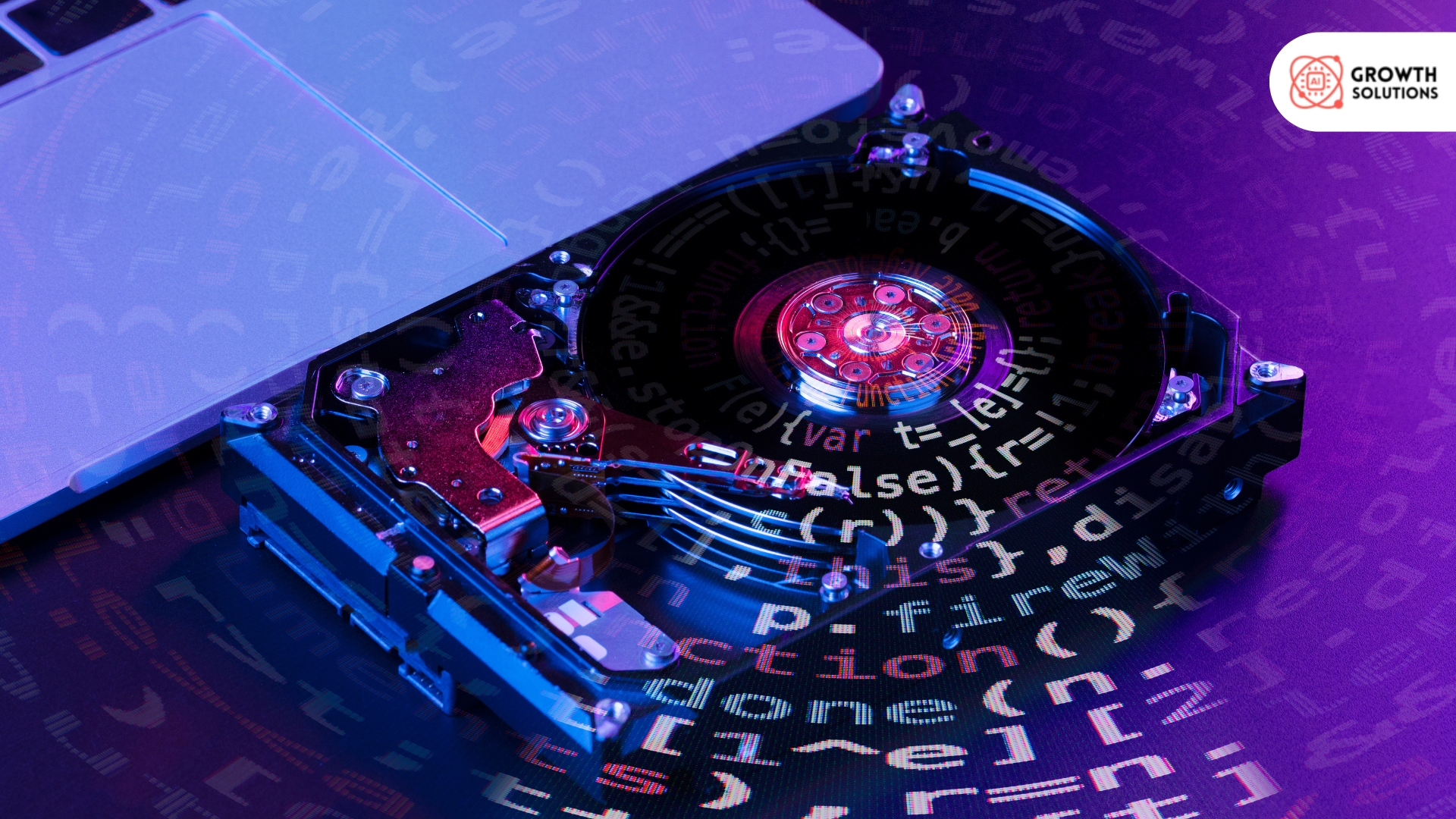18554493114
Call us for any question.
- support@aigrowth-solutions.com
- 349 Blue Point Rd Farmingville, NY 11738,USA
Call us for any question.
18554493114
Search for products
Blog Detail
- Home
- Blog
- Details
What Are RAID Data Recovery Services, And Who Needs Them?
In the realm of data storage, RAID, or Redundant Array of Independent Disks, stands out as a pivotal technology designed to enhance data reliability and performance. By combining multiple hard drives into a single unit, RAID not only improves data access speeds but also provides redundancy, ensuring that data remains intact even in the event of a hardware failure. Various RAID levels, such as RAID 0, RAID 1, RAID 5, and RAID 10, offer different balances of performance and data protection, catering to diverse needs across industries. Understanding these configurations is essential for anyone relying on RAID systems for critical data management.
Understanding RAID Data Recovery
RAID data recovery is a specialized process aimed at retrieving lost or inaccessible data from RAID configurations. Data loss in RAID systems can occur due to several factors, including hardware failures, software corruption, human error, or even natural disasters. Each of these scenarios presents unique challenges that require expert intervention. The significance of professional Data Recovery Services cannot be overstated, as they employ advanced techniques and tools to recover data that may seem irretrievable. Engaging with a knowledgeable service provider like Ai Growth Solution can make a substantial difference in the outcome of your data recovery efforts.
How RAID Data Recovery Services Work
The process of RAID data recovery begins with an initial assessment and diagnosis of the system. Technicians evaluate the extent of the damage and identify the underlying causes of data loss. Following this assessment, various data recovery techniques are employed, which can be broadly categorized into logical recovery and physical recovery. Logical recovery focuses on restoring data from a functioning RAID array, while physical recovery involves repairing or replacing damaged hardware components. The tools and technologies utilized in RAID recovery are sophisticated, often requiring specialized knowledge and experience to navigate effectively.
Who Needs RAID Data Recovery Services?
The need for RAID data recovery services spans a wide range of users and industries. Businesses that rely on critical data storage, such as financial institutions, healthcare providers, and e-commerce platforms, are particularly vulnerable to data loss. For these organizations, the stakes are high, and the consequences of data loss can be catastrophic. IT professionals and system administrators also find themselves in need of these services, as they manage complex RAID configurations and must ensure data integrity. Additionally, creative professionals, such as photographers and videographers, who store large volumes of media files on RAID systems, can benefit significantly from reliable data recovery solutions. Even individuals with personal data stored on RAID setups may find themselves in situations where professional assistance is necessary.
Choosing the Right RAID Data Recovery Service
Selecting the appropriate RAID data recovery service is crucial for achieving successful outcomes. When evaluating potential providers, several factors should be considered. Reputation and experience in the field are paramount; a company with a proven track record is more likely to deliver satisfactory results. Success rates in recovering data from RAID systems should also be a key consideration. Furthermore, the quality of Data Recovery Customer Service can greatly influence your experience, as responsive and knowledgeable support can guide you through the recovery process. It’s essential to ask pertinent questions before hiring a service, such as their methodologies, turnaround times, and any guarantees they offer. Cost is another important factor, but it should not be the sole determinant; investing in quality recovery services can save you from greater losses in the long run.
Preventing Data Loss in RAID Systems
While RAID systems are designed to enhance data reliability, they are not infallible. Preventing data loss requires proactive measures. Regular backups are essential; even the most robust RAID configurations can fail, and having a backup ensures that your data remains safe. Monitoring the health of your RAID array is equally important; many systems come equipped with tools that alert you to potential issues before they escalate. Implementing redundancy and failover solutions can further safeguard your data, providing additional layers of protection against unexpected failures.
Conclusion
In conclusion, RAID data recovery services play a vital role in safeguarding data integrity for a wide array of users, from businesses to individual consumers. Understanding the intricacies of RAID systems and the potential for data loss is essential for anyone relying on this technology. Engaging with a professional service provider like Ai Growth Solution can ensure that you have access to the expertise and resources necessary for effective data recovery. Whether you are facing a critical data loss situation or simply looking to enhance your data management practices, the right IT Service can make all the difference. Don’t wait for a crisis to occur; take proactive steps to protect your data and ensure that you have a reliable recovery plan in place.
Category
Data Recovery
Previous Post
What Is Hard Drive Recovery, And How Does It Work?
Hard drive recovery is the process of retrieving lost, deleted, or inaccessible data from a storage ...
Next Post
How Does Recovery for Mobile Devices Like Smartphones Work?
In an age where smartphones are integral to our daily lives, the loss of data can be a devastating e...
Today's businesses span borders, requiring versatile solutions.



 Admin
Admin
